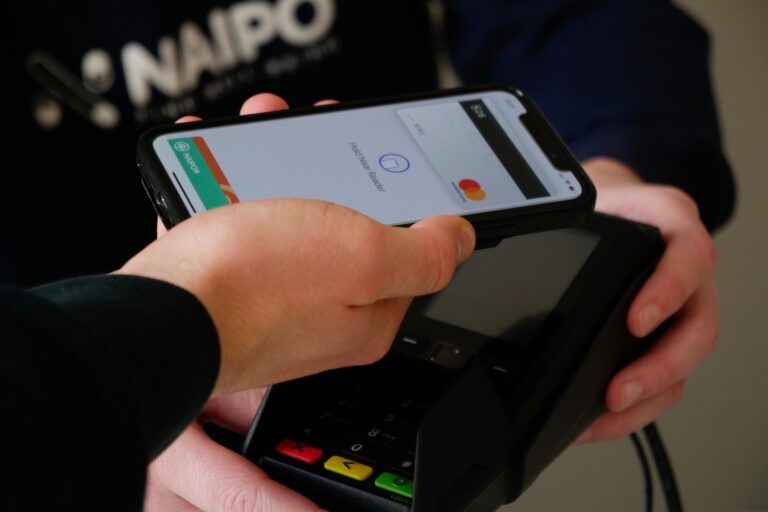What are OTAs? Over the years, Online Travel Agencies, or OTAs, have become increasingly popular among travellers. OTAs are websites that allow travellers to compare rates and book hotels, flights, and rental cars all in one place. But how do OTAs work? Let’s take a look.
In a nutshell, OTAs are websites that sell hotel rooms on behalf of hotels. They’re similar to traditional travel agents, but they operate exclusively online. When a customer books a room through an OTA, the OTA will take a commission from the hotel. The commission is typically between 10% and 30%. The OTA will also earn revenue from the ads that they sell on their website and are usually sold to travel-related companies such as airlines, rental car companies, and other hotels.
The impact of Online Travel Agencies (OTAs) for hotels
While some hoteliers view OTAS as a necessary evil, there’s no denying that they can be a valuable tool for reaching new audiences. In fact, studies have shown that hotels that are listed on multiple OTAs see a significant increase in bookings.
Let’s explore the pros and cons of using OTAs:
The pros of using OTAs
1. Increased visibility
When you list a hotel on an OTA, you’re increasing the property’s visibility to a wider audience. In addition, OTAs often rank higher in search engine results than hotel websites, so guests are more likely to stumble upon the property when searching for accommodations.
2. More bookings
Thanks to the increased visibility that comes with listing a property on an OTA, it’s now easier to rake in more bookings. And even though hotels have to pay a commission on those bookings, it’s still worth it because you wouldn’t have gotten them otherwise.
3. Complimentary marketing
OTAs provide complimentary marketing for your property by featuring it on their website and in their email newsletters. This can help increase brand awareness and bring in new guests.
Thanks to the increased visibility that comes with listing a property on an OTA, it’s now easier to rake in more bookings. And even though hotels have to pay a commission on those bookings, it’s still worth it because you wouldn’t have gotten them otherwise.
4. Access to analytics
When you partner with an OTA, you’ll have access to valuable data and analytics about your property, such as which guest segments are booking with you and what type of room they’re choosing. This information can be very helpful when trying to improve a hotel’s performance.
The cons of using Online Travel Agencies (OTAs)
1. High commissions
The biggest downside of using OTAs is that they charge high commissions, which can eat into a hotel’s profits. For example, if an OTA books a room for $100 per night, they may keep $20 as a commission, leaving you with only $80.
2. Less control over the guest experience
When you use an OTA, you lose some control over the guest experience because guests are interacting with the OTA, not directly with the hotel. This can make it difficult to build relationships with guests and provide them with the level of service that they expect from your property.
It’s important to remember that OTAs are businesses too, and their ultimate goal is to make money for themselves—not for you. As such, they will always prioritise their own interests over yours. For example, some OTAs may de-list hotelsl if they try to direct customers to book directly through their website instead of through the OTA.
Ultimately, whether or not an OTA is worth the investment comes down to what your goals are and how much control you're willing to give up. If you're looking for exposure to new audiences and you're comfortable with giving up some control over the booking process, then an OTA might be right for you. However, if you're dead set on retaining complete control over every aspect of the booking process, then an OTA might not be the best fit.
Are OTAs worth the investment?
Ultimately, whether or not an OTA is worth the investment comes down to what your goals are and how much control you’re willing to give up. If you’re looking for exposure to new audiences and you’re comfortable with giving up some control over the booking process, then an OTA might be right for you. However, if you’re dead set on retaining complete control over every aspect of the booking process, then an OTA might not be the best fit.
The alternative is for a hotel to set up their own Booking Engine to sell rooms and accept reservations via their own website while also reducing commission fees paid out to Online Travel Agencies (OTAs). They can get bookings directly from their Facebook page and other channels, and they can also ensure secure payment transactions using their chosen payment gateways. It’s best to choose a Booking Engine that is PCI Compliant for better security. Kovena is a payment solution in which Booking Engines can integrate to ensure maximum data security.
So what are OTAs? We hope this article has helped you understand a bit more of what OTAs offer to help the convenience of travellers and choice, while also helping hotels fill rooms they may have otherwise had to leave vacant. However, hotels often lose control over what their customers see on their websites, and they can be charged high commissions for bookings through an OTA. It is important for hoteliers to understand how OTAs function in order to make the most of them.
Contact us at Kovena and we can give you a free list of the best Booking Engines that offer embedded payments, that you can employ for your website.


